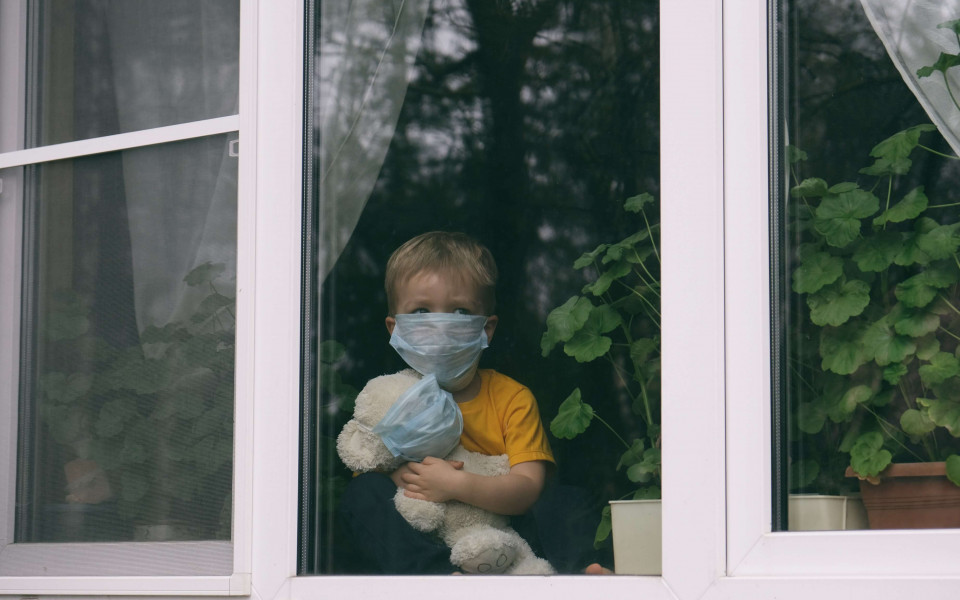
- As social beings we yearn to be to be seen and to be understood. However, we can feel that there is no one who can fulfil those core needs. Have you ever been lonely and yet you are surrounded by a roomful of others?
- There are those who live life alone yet seemed grounded and content. How do they achieve that?
- Some look to live a life that is independent and separate so that we can feel in control and not be dependent on others. Is the answer to quash this need for connection to then not to be ‘needy’?
- Even if we embrace our need for connection, what happens if we are truly alone and that there is no one around us we can reach out to?
|
A sociologist, Robert S. Weiss identified 6 core social needs, if unmet can lead to feelings of loneliness.
|
- What happens if one or many of these needs are unmet?
- Can we inadvertently block ourselves from meeting some of these needs?
|
I wonder if an ‘ideal life’ can be represented by the life a SNAIL…. Living the life of a snail, we can then carry our safe place with us wherever we go. If the world is too much we can retreat within our shell and be safe. When we are needing companionship, we can travel alongside with another and yet still maintain a safe place if it gets too much. |
|
In Life’s journey… we can go off course LIVE WITHIN OUR SHELL (Hiding)
There is a part in all of us to want to love and be loved. We would like to have our own identity, be productive and be connected to others. In order to do that, we need to dare to reach out and open ourselves to live life. Life may not always be great, but surely journeying life fully extended is better than enduring a half-life. Don’t hold yourself back so much that the connection becomes disingenuous. All of us need a safe place to weather the storm and have a place to rest. It is OK that if times are tough, to retreat and to take a break. Just don’t stay in there for too long. We can get used to being inside our comfort place and it can be increasingly harder to come out again.
|
|
NO SHELL (Self-sacrificing) Sometimes we are so in need to connect (to either receive warmth or to give to ‘make a difference’) we forgo our shells. This can be dangerous because we can become vulnerable to predators or harm, we then have no safe place to retreat back to. It is Ok and even important to have a safe place. To do that, you need to give yourself permission to step back.
|
|
FORGET TO LOOK AFTER SELF We can forget that we are vulnerable even with our shells in place. The shell can break under immense pressure from the outside or we can breakdown within our shells. It is therefore important to have regular self-maintenance to upkeep health. A reminder to self, ‘I am worthy and need care and attention’. In tough times, we need to take stock of ourselves and take control. This may result in making a deliberate effort to look after ourselves, or perhaps reaching out to seek help.
|
Better questions to tackle loneliness:
- What are my core needs?
- How do I attain and meet my needs?
- Am I blocking myself from meeting my needs?
- If there are limitations (especially in such current time with many restrictions in place), how do I adapt and not to neglect my needs?
In tough times, we may need to ‘make do’ with what we have. Although things may not be matching to our ‘ideal’, we need to find ways to be open and flexible.
If you suspect your loved ones may be feeling lonely, I hope you can think about core needs and have some ideas on how to encourage and support others too.

Clinical Psychology services: https://virtusmedical.com/clinical-psychology



